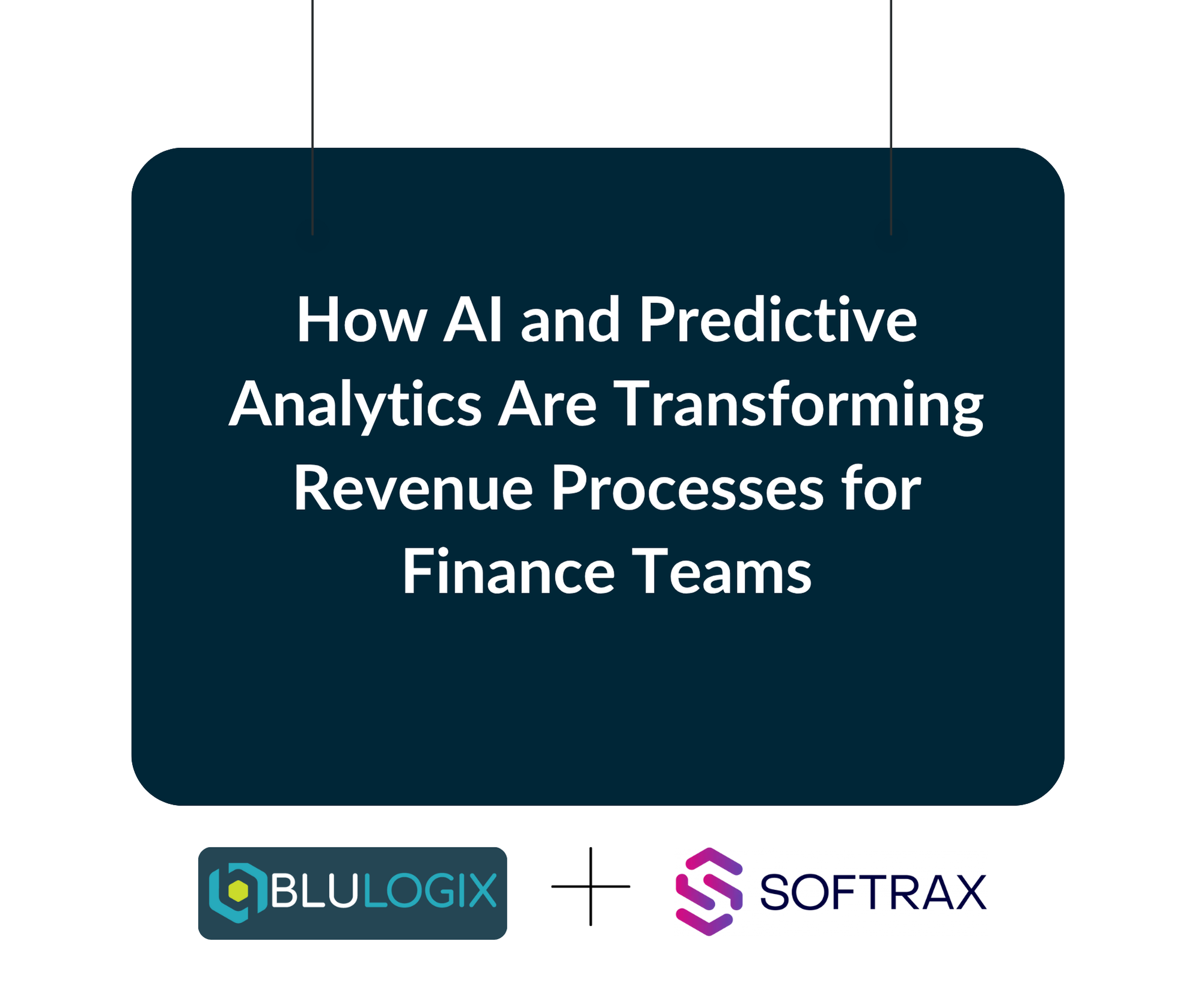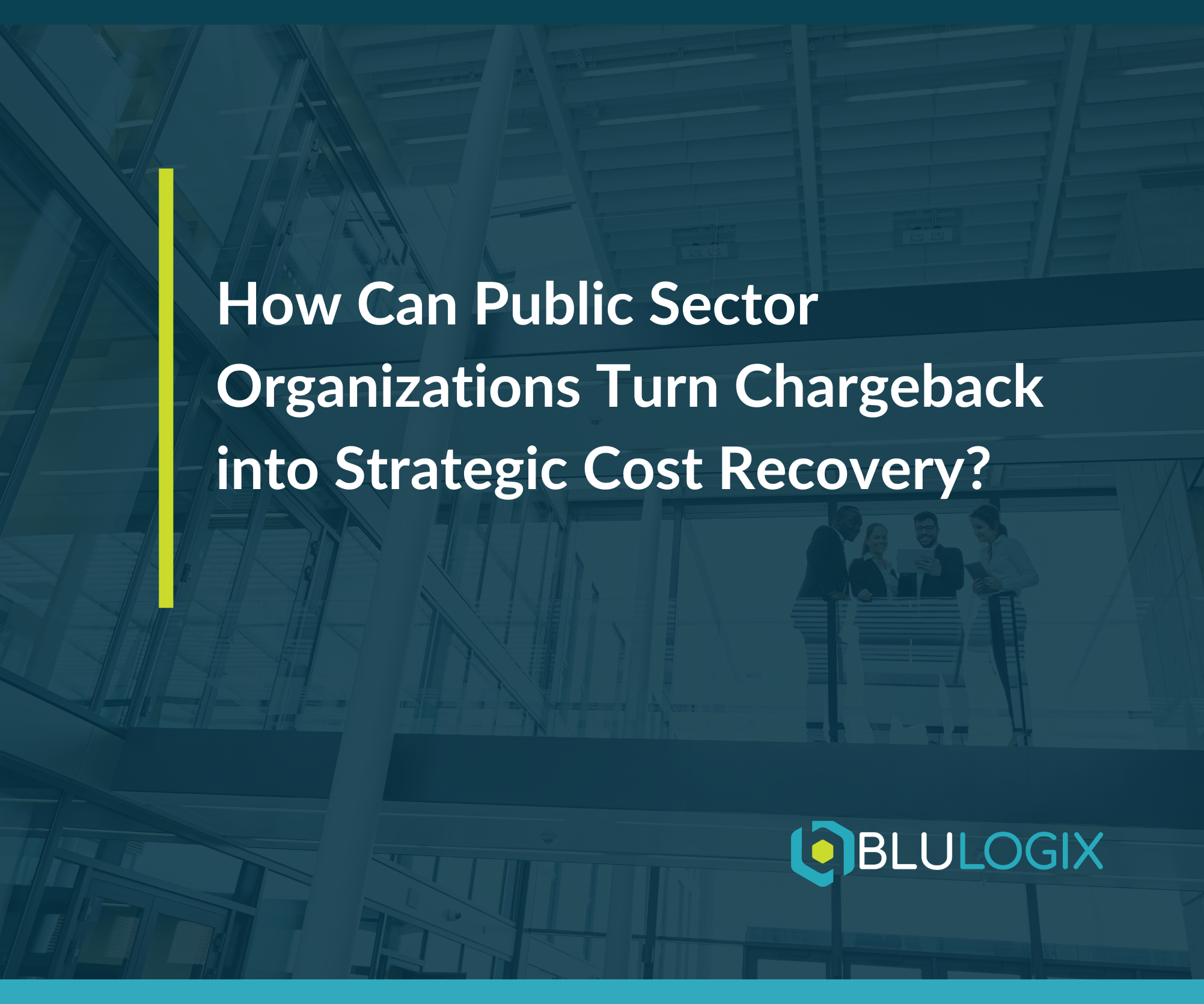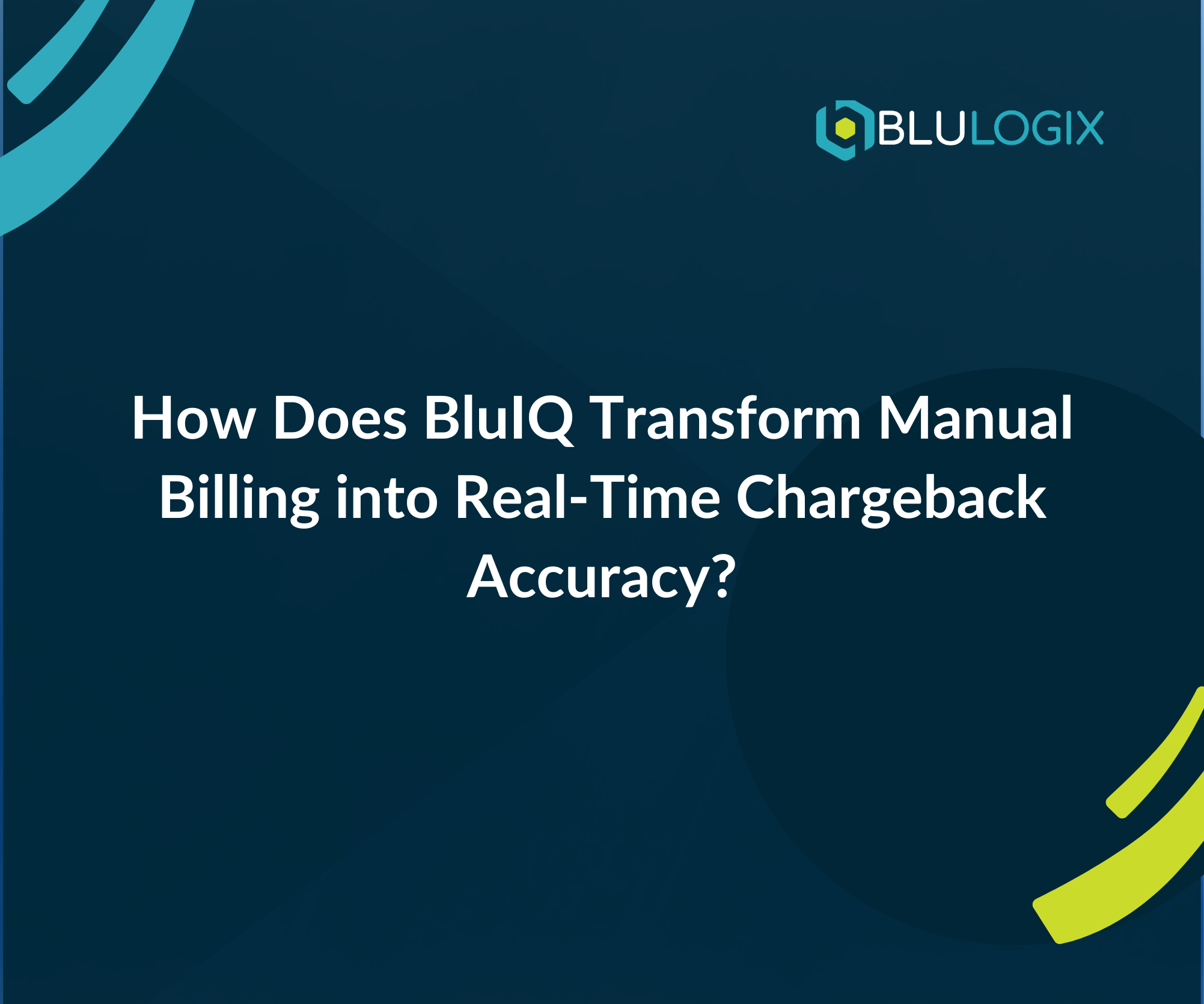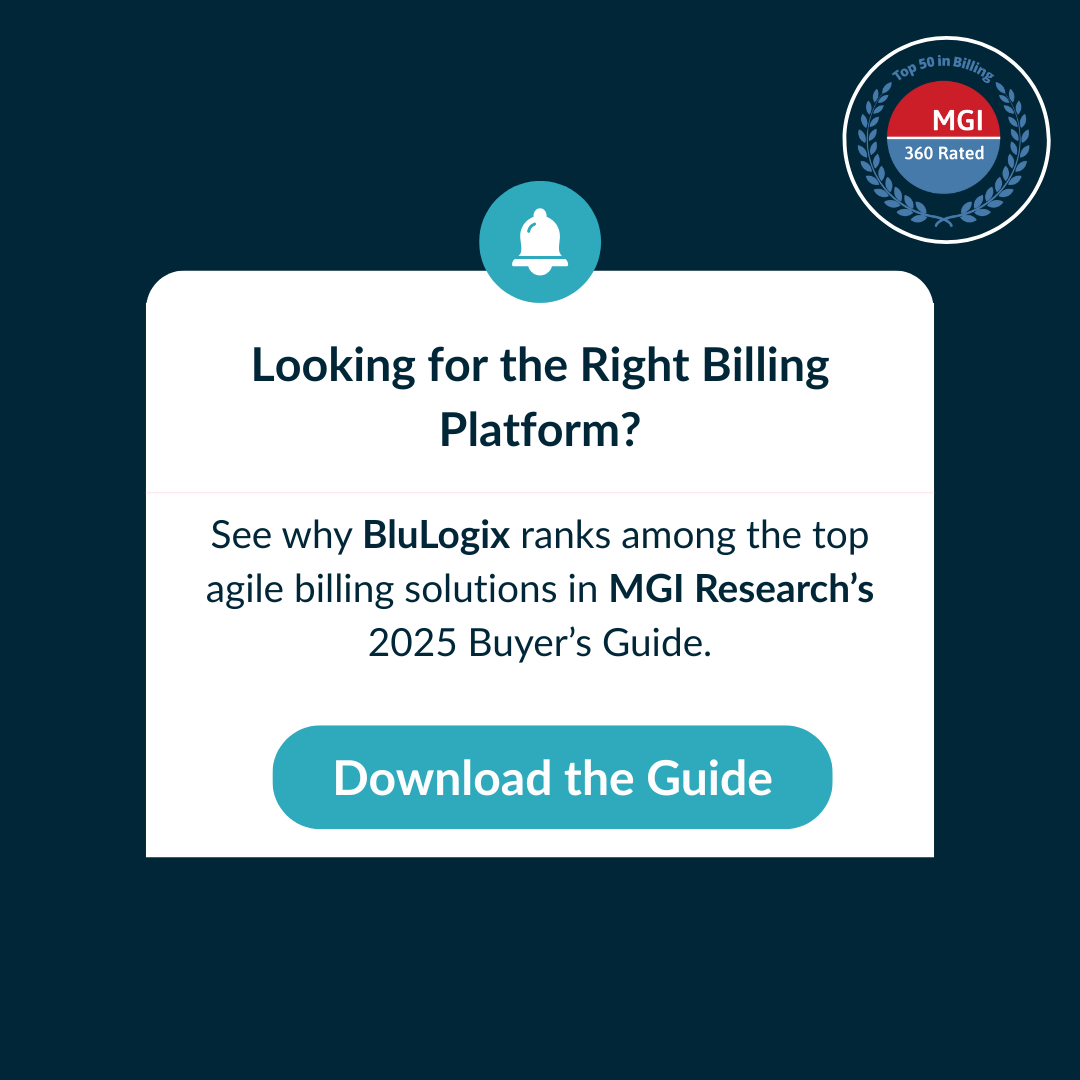Streamlining Success: Five Keys to Automating Usage-Based Billing for Managed Services Providers
Don’t forget to sign up now to learn more about how to implement usage based pricing models in our upcoming webinar with MGI Research. Register now!
In the fast-paced world of Managed Services Providers (MSPs), where efficiency, accuracy, and customer satisfaction are paramount, automating usage-based billing is a game-changer. The ability to bill clients based on their actual consumption of services not only maximizes revenue but also simplifies operations. In this blog post, we’ll delve into the five keys to automating usage-based billing for MSPs, with a particular focus on the vital role of data integration.
A collection of recorded webinars and videos on Software-as-a-Service and Subscription Management
Key 1: Comprehensive Data Integration
The foundation of successful usage-based billing automation for MSPs lies in comprehensive data integration. MSPs typically manage a myriad of services, from cloud infrastructure to software applications and more. To accurately bill clients based on their usage, it’s crucial to integrate data from various sources:
- Service Monitoring Tools: Collect data on service usage, availability, and performance from monitoring tools like Nagios, Zabbix, or Prometheus.
- Cloud Service Providers: Integrate data from popular cloud providers like AWS, Azure, or Google Cloud to track resource consumption and costs.
- Software Applications: Monitor software usage, licenses, and user activity to calculate usage-based charges accurately.
- Networking Equipment: Collect data on network bandwidth, data transfers, and uptime from routers and switches.
Comprehensive data integration ensures that you have a holistic view of client usage across all services, enabling precise billing.
Key 2: Real-Time Data Processing
Usage-based billing requires real-time data processing capabilities. Clients expect accurate, up-to-the-minute billing that reflects their actual usage. Real-time data processing allows MSPs to:
- Monitor usage as it happens.
- Calculate charges in real time.
- Generate immediate invoices.
- Provide clients with real-time access to their usage data.
This level of responsiveness not only enhances billing accuracy but also builds trust with clients who appreciate transparency.
Key 3: Automated Pricing Models
SPs often offer a variety of services with different pricing models, including flat-rate, tiered, and pay-as-you-go. Automating these pricing models streamlines billing and ensures consistency. With automated pricing models, MSPs can:
- Dynamically apply the correct pricing model based on client usage.
- Adjust pricing models as client needs change.
- Prevent billing errors by eliminating manual calculations.
Automation allows MSPs to accommodate clients’ evolving requirements seamlessly.
Key 4: Customer Self-Service Portals
Empowering clients with self-service portals is another essential key to usage-based billing automation. Self-service portals allow clients to:
- View their real-time usage data.
- Access detailed billing reports.
- Adjust service usage to control costs.
- Submit service requests or raise support tickets.
These portals not only enhance client satisfaction but also reduce the workload on MSP support teams.
Key 5: Scalability and Growth
As MSPs expand their client base and service offerings, scalability becomes paramount. The billing system must be capable of accommodating increasing data volumes without sacrificing performance. Automation, coupled with the ability to scale, ensures:
- Accurate and timely billing for a growing client base.
- Efficient management of new services and clients.
- Consistent service quality as the business expands.
Automating usage-based billing for Managed Services Providers is not just about improving operational efficiency—it’s about delivering value to clients while maximizing revenue. Data integration, real-time processing, automated pricing models, self-service portals, and scalability are the five keys that unlock success in this endeavor.
The right technology solutions, such as BluIQ, can seamlessly integrate these keys into your billing processes, allowing you to focus on what matters most: providing top-notch services to your clients while ensuring your billing is both accurate and profitable. By embracing automation and data integration, MSPs can thrive in an increasingly competitive market and deliver outstanding value to their clients.
A collection of recorded webinars and videos on Software-as-a-Service and Subscription Management
Learn more

How AI and Predictive Analytics Are Transforming Revenue Processes for Finance Teams

How Can Public Sector Organizations Turn Chargeback into Strategic Cost Recovery?



